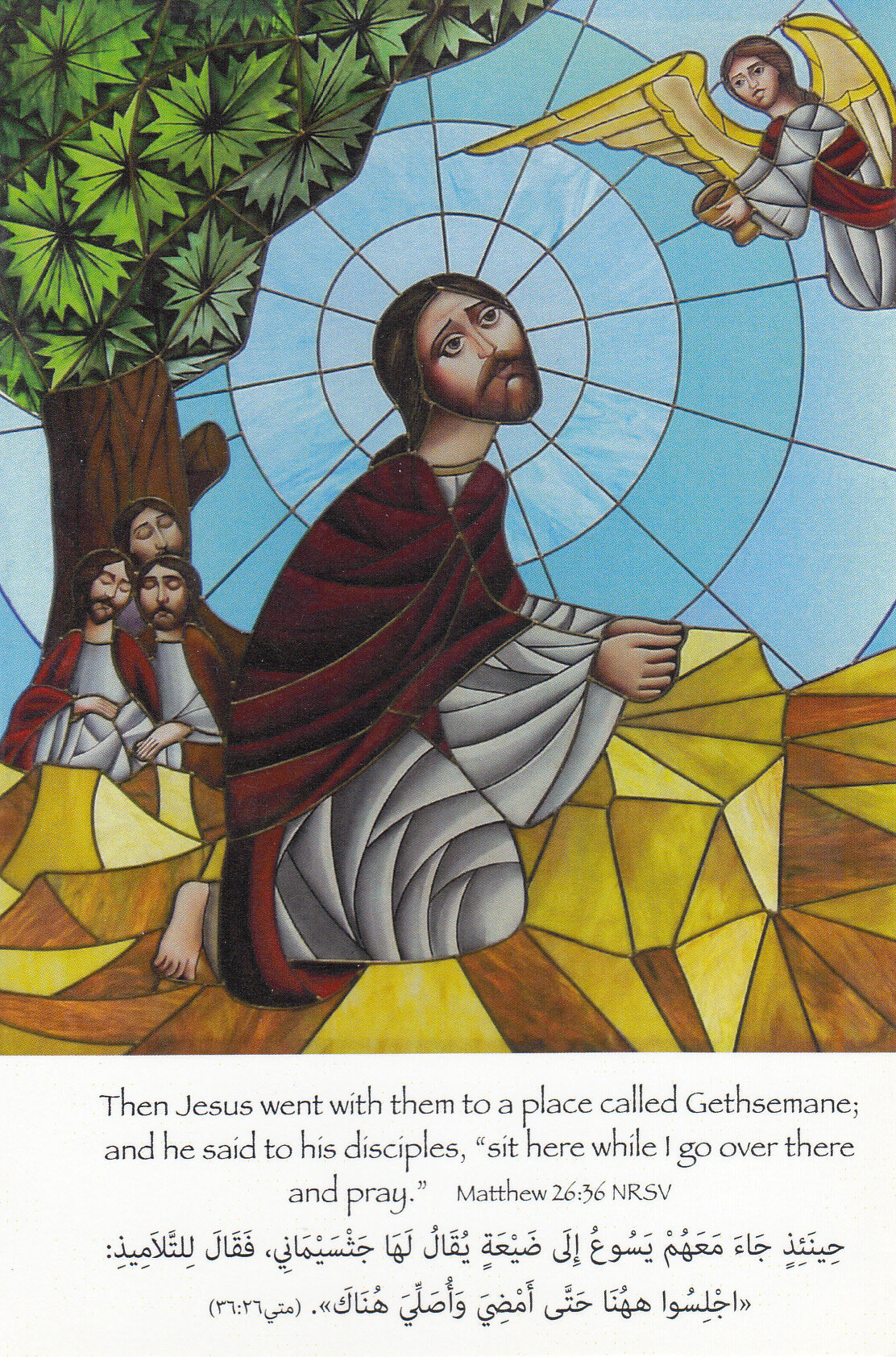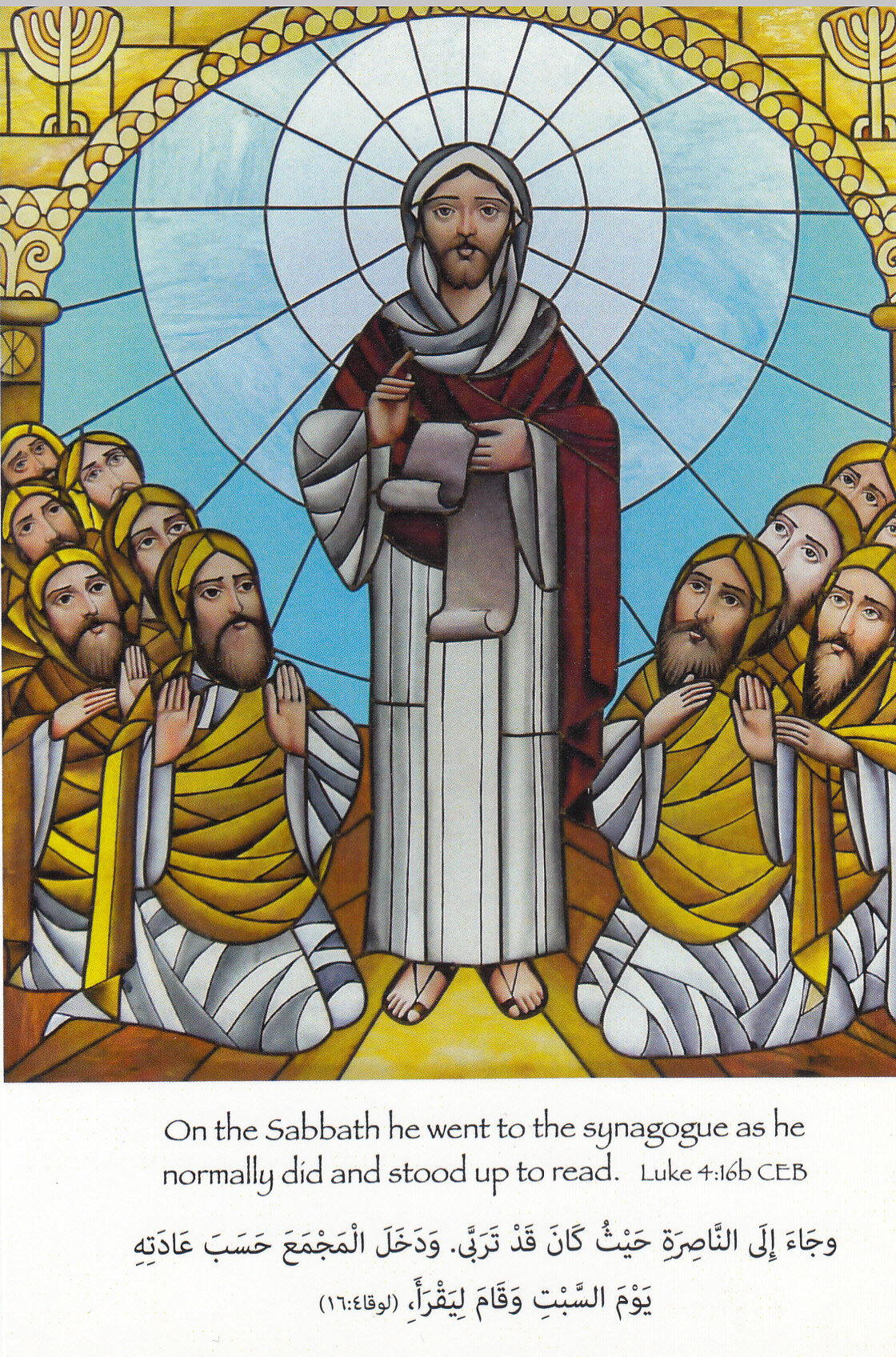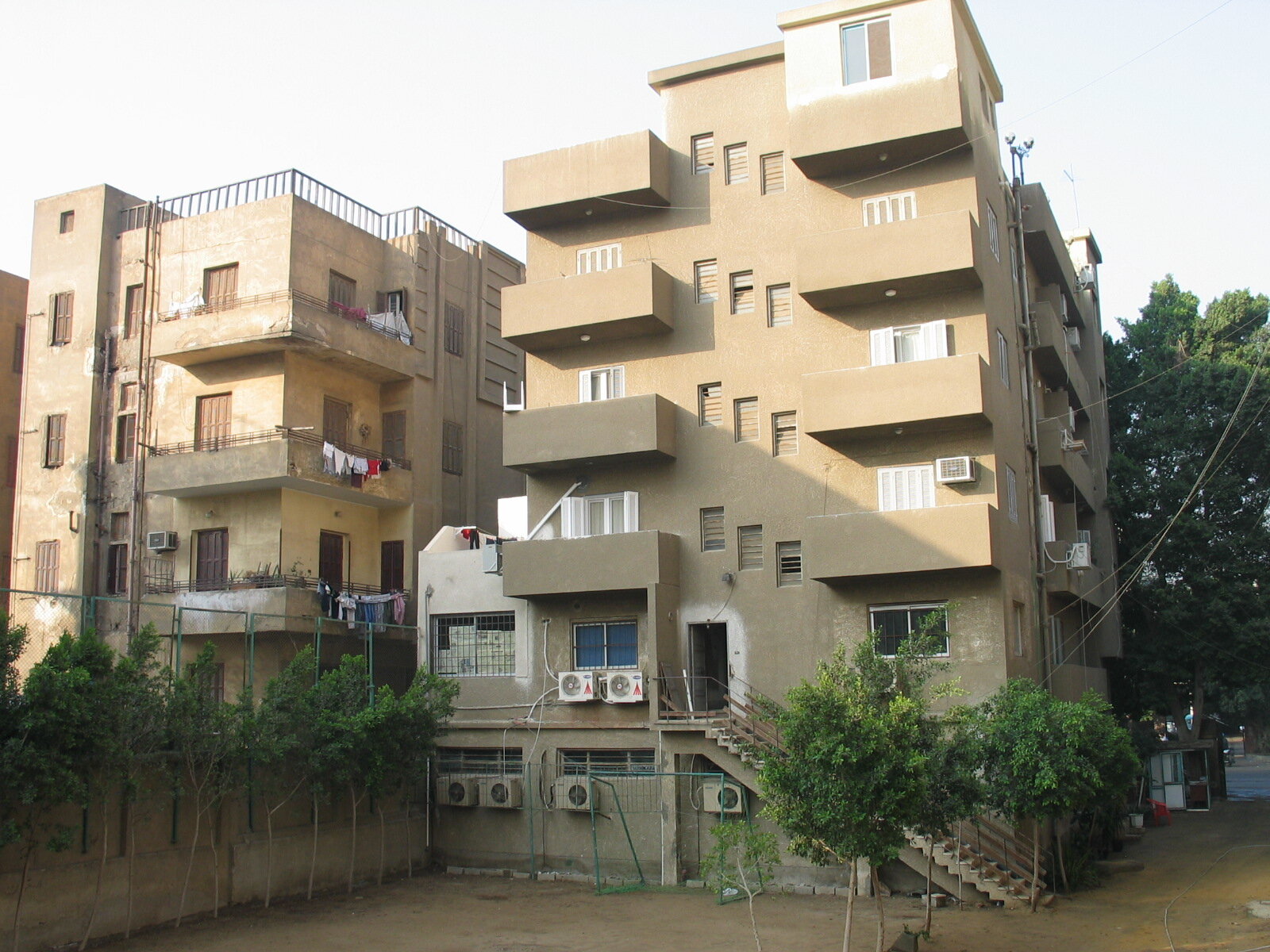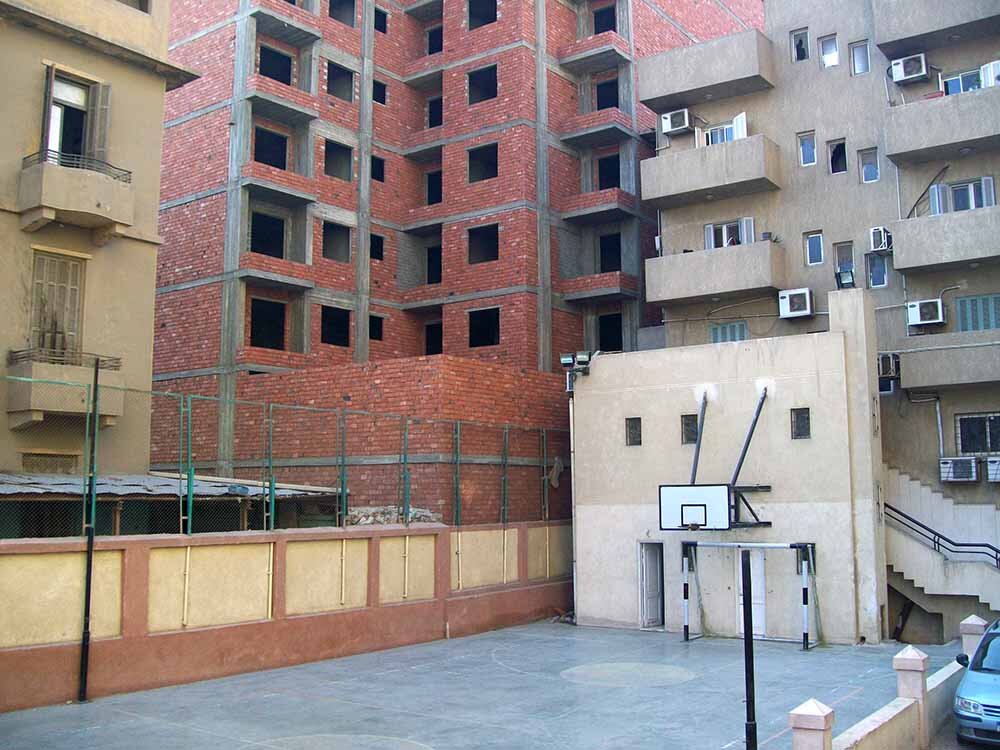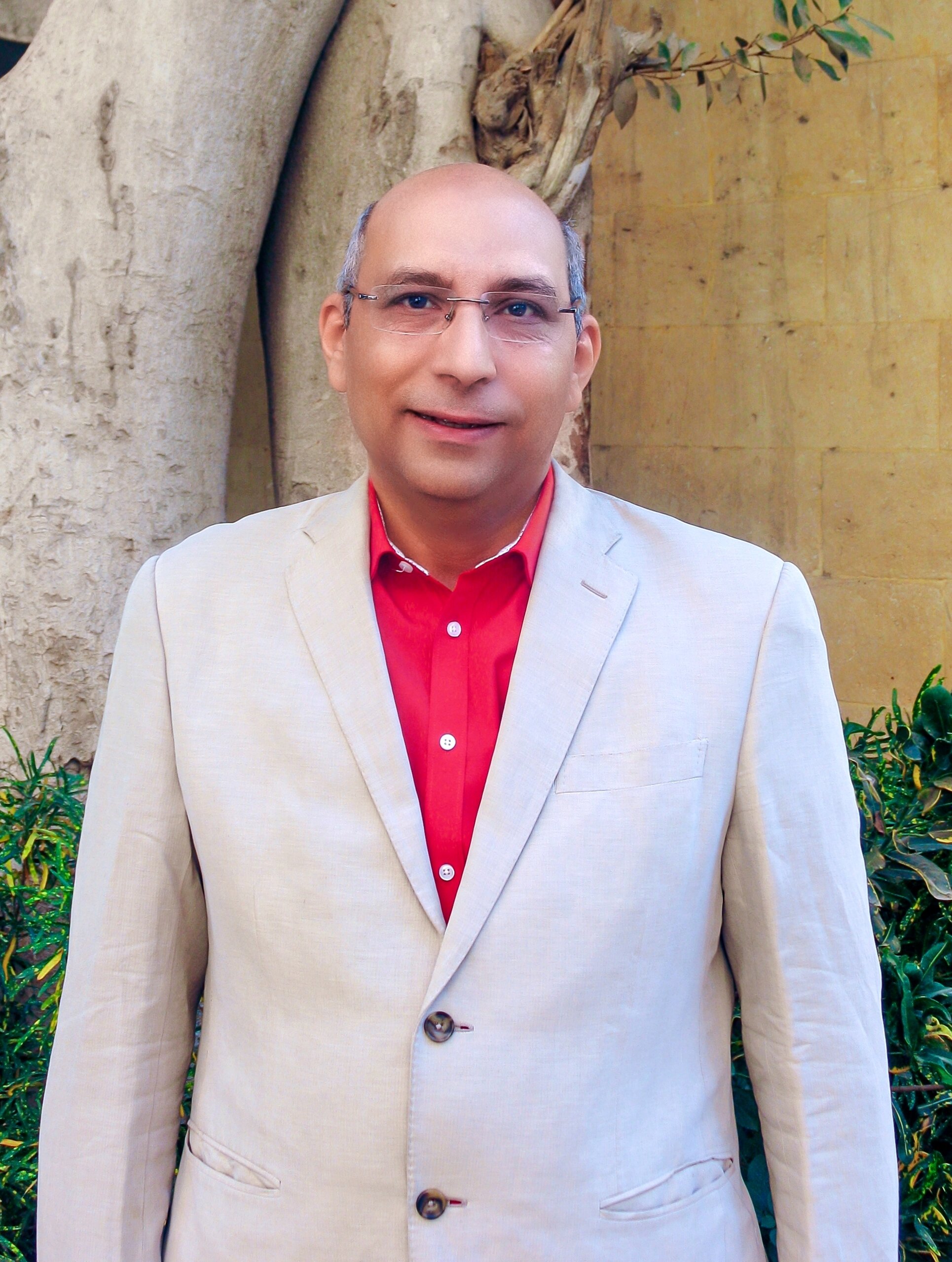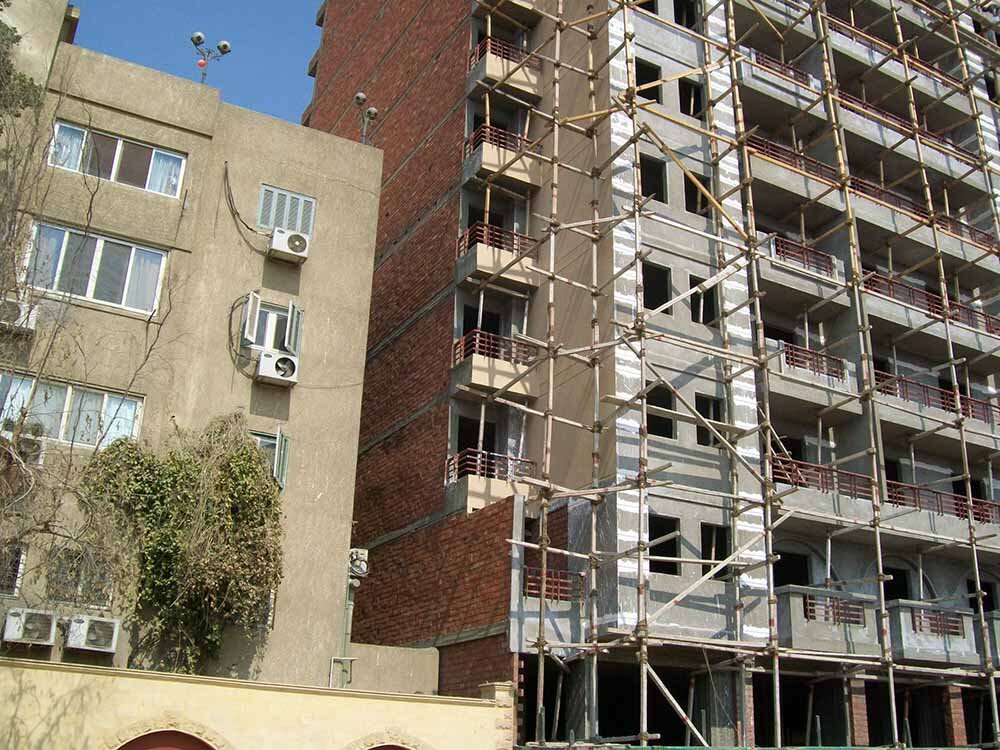Developments at the Evangelical Theological Seminary: The Challenges of Growth
INSTALLMENT 13 OF THE HISTORY OF THE OUTREACH FOUNDATION IN EGYPT
by Jeff Ritchie
As 2009 began, The Outreach Foundation was fully invested in the Church in Egypt. The Mission Department at the Cairo Seminary, led by Dr. Tharwat Wahba and Dr. Sherif Salah, was training a new generation of pastors and lay leaders with a missional vision. The Center for Middle Eastern Christianity at the seminary was bringing awareness of the long history of Christianity in the Middle East to Christians and Muslims in Egypt. Beyond the seminary, new churches were being started by presbyteries and local churches in the cities and rural areas. The Outreach Foundation continued to raise funds for these projects and was constantly looking for new US partners to connect with the energy and passion of our friends in Egypt.
Facilities at the Evangelical Theological Seminary in Cairo: Meanwhile, the Evangelical Theological Seminary in Cairo was faced with a new problem. The vision for mission and evangelism it had been casting for almost a decade was attracting so many students that the seminary was running out of room on its tiny campus. President Atef Gendy and the Seminary Board had a decision to make: should the seminary buy land outside of Cairo and build a new campus, or should it find a way to expand in its current location?
There was property next door that was not being used, but the cost of purchasing the land was beyond the seminary’s means. The idea of building a new campus seemed also out of the question. As ETSC looked at the two options, both of which seemed impossible, an unexpected solution knocked on their door. A Christian businessman decided to buy the property adjacent to the seminary, tear down the existing building, and build a new, multi-purpose building on the land. He offered to sell the seminary one of the floors of the new building. With this space, which was larger than their 4-story administration and classroom building, they could meet their current needs and expand their vision of how the Evangelical Seminary could serve both church and society.
To buy just one floor of this building would cost $600,000, an amount that the seminary under ordinary circumstances would never consider taking on. However, Dr. Atef and the Board had to solve their space problem, and by faith, they agreed to the businessman’s offer. They developed a three-phase plan: they would buy their portion of the new building in Phase 1; they would design the space for the needs of the seminary in Phase 2; and they would furnish the new space in Phase 3.
The Outreach Foundation has been deeply involved in fund-raising efforts to support the seminary’s expansion project. Long-time friends of the Cairo Seminary like Eastminster Presbyterian Church in Wichita and First Presbyterian Church in Houston gave generous support towards the initial purchase over and above their on-going support for the work of the seminary. A major gift from National Presbyterian Church in Washington, DC helped in the final phase. We worked with the new development staff of the Cairo Seminary led by Mrs. Mariam Hanna to obtain grants from foundations, and the seminary found new friends and allies among the Egyptian Diaspora, notably Dr. Amir Metry, an engineer living in Pennsylvania who served on the Seminary Board. Assisting this work also were PCUSA co-workers who were supported by The Outreach Foundation (Brice Rogers, from 2004-2009, and Cinda Gorman, 2013-2015).
As of 2020, the Seminary was finally ready to begin using the new space. It had exceeded beyond its wildest dreams in terms of fund-raising. For starters, over 1/3 of the initial purchase came from resources within Egypt. Another amazing fact is that while this long-term capital project was going on, the seminary was still at work on its Center for Middle Eastern Christianity, and it undertook a renovation of the chapel and a campus “beautification project.”
Innovative Programs at the Seminary: It would be a mistake to think that most of the seminary’s energies during this period of rapid growth were devoted to capital projects. The vision of the seminary has always been to prepare men and women for participation in God’s mission in Egypt and beyond. Thus the leadership has always asked questions like, “Does what we teach and how we structure campus life prepare our graduates as it should?” and “What is there about Egypt today—politically, educationally, socially—that may be calling us to look at new ways to deliver theological education to students and serious learners in order that they may be better equipped for God’s service?”
The answers to these questions have resulted in a number of innovations at the Evangelical Seminary. Its curriculum has been thoroughly overhauled and integrated more closely with the spiritual formation of students, faculty, and administration. Extension campuses have started in Alexandria and El Minya. A new initiative for online learning is being developed in conjunction with other theological seminaries in the Middle East. Two new Masters-level programs—one in Media and the other in Management—have begun in partnership with ministry organizations in and beyond Egypt.
The new building will house several programs of the seminary: the Center for Church and Society, the Martha Roy Center for Worship, an office for alumni affairs, and an office for the e-learning initiative described above. The two Centers are brand-new and bring with them great promise for the ministry and mission of the Egyptian Church.
The Martha Roy Center for Worship is named after a long-time missionary, Dr. Martha Roy, who taught worship at both the Evangelical Theological Seminary in Cairo and at an Orthodox Seminary. During her lifetime, Dr. Roy helped Protestants in Egypt discover the rich worship legacy of the ancient Orthodox Church. The new Center will continue her legacy and extend it as it connects the churches in Egypt with an emerging movement of worship renewal throughout the world.
The Center for Church and Society, to be directed by Dr. Sherif Salah, represents a deepening of the original vision of Dr. Atef Gendy for a seminary whose graduates would see themselves as God’s missionary agents in Egypt and beyond. The Center for Church and Society will do field-based research in the demography of Egypt and on the problems facing Egyptian society. The contextual and cultural studies coming out of this research will help the churches be proactive and creative in their witness and service among the people of Egypt.
Conclusion: Looking backward at how the Evangelical Theological Seminary in Cairo has developed since 1999, the first time that The Outreach Foundation visited the seminary, we give thanks to God for its vision, its programs, and its energy. Their vision has remained constant. Their programs are vital and growing in impact. Through the Evangelical Seminary, God has done so much more than anyone could ask or think (Ephesians 3:20). May ETSC continue to be attentive to the Holy Spirit as it carries out its mission, and may God continue to be glorified through these faithful servants who make up the Cairo Seminary.

